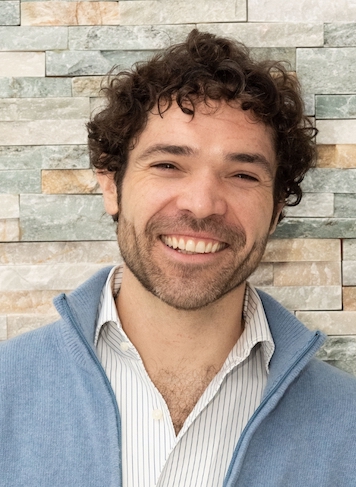There are nearly 186,000 dentist businesses in the U.S., and at any given time, they are replenishing supplies. The process of doing so was traditionally fragmented, with offices relying on between three and seven suppliers, on average.
This means someone sits at the computer with tabs open to vendor websites, going back and forth between them, to compare prices and find the best deal. Adding to the issue in recent years was the global pandemic which strained the supply chain and made finding everyday items, like gloves and masks, more difficult.
Caen Contee, founder of global micromobility startup Lime, told TechCrunch that this is an avoidable problem. He teamed up with software engineer Ivan Bertona to develop Wellplaece, an automated, multi-vendor supply product purchasing platform for dental offices.
“Think of the technology like an extraction layer on top of procurement for dental practices,” Bertona said in an interview. “Around optimization, we can also learn about customer habits and what products they might be willing to substitute with equivalent but cheaper alternatives versus which ones they wouldn’t be looking at.”
Here’s how it works: Wellplaece’s proprietary technology digests a client’s ordering data, taking into account specific needs, and then enables the customer to make those specific purchasing behaviors across a large network of suppliers via one shopping cart.

Wellplaece co-founder Caen Contee. (Image credit: Wellplaece)
Billing occurs after orders are successfully processed, placed and confirmed delivered. Meanwhile, Wellplaece manages the order and logistics as well as returns and chargebacks as needed. The platform is free for practices to use and Wellplaece takes a portion of the sales it drives to the supplier.
Wellplaece is among other startups, like bttn, helping medical professionals get the supplies they need. However, trying to build something like this even three years ago would have been difficult had it not been for a few factors, including the e-commerce push that resulted from the pandemic, Contee said.
Distributors were trying to sell online directly with an account and with a customer portal. That led to online catalogs where data could be pulled.
“All those things, to me, have created this perfect storm,” Contee said.
Meanwhile, the company began taking orders from a small group of practices in November 2022 and started accepting more practices in a private beta this month. This first cohort of dental practices have already seen 20% to 40% savings per order, Contee said.
In addition, the marketplace has already amassed over 700,000 products across its network of distributors and manufacturers and is poised to onboard over 100 new locations by the end of this year.
Wellplaece’s launch is buoyed by a recently closed $3.5 million seed round, co-led by Eniac Ventures and Bee Partners, with participation from Erik Anderson, co-founder and CEO WestRiver Group; Haroon Mokhtarzada, co-founder and CEO of TrueBill and RocketMoney; Andy Oreffice, former CCO of Affordable Healthcare; and entrepreneur Francis Hellyer.
In total, the company raised $5.5 million that is being deployed into scaling up so it can accommodate thousands of practices waiting to utilize the platform over the next few years.
“A typical practice with two dentists will spend somewhere in the range of $4,000 to $5,000 on supplies monthly, and the least efficient ones may spend up to 10% of their overall budget on supplies,” Contee said. “The most efficient practices may get it down to around 4%. We want to immediately help practices get closer to that more competitive best-in-class range for what they should be spending on their total costs.”
Wellplaece wants to put a smile on dentists’ face with new supply procurement marketplace by Christine Hall originally published on TechCrunch
from TechCrunch https://ift.tt/CZtEGTP

Comments
Post a Comment